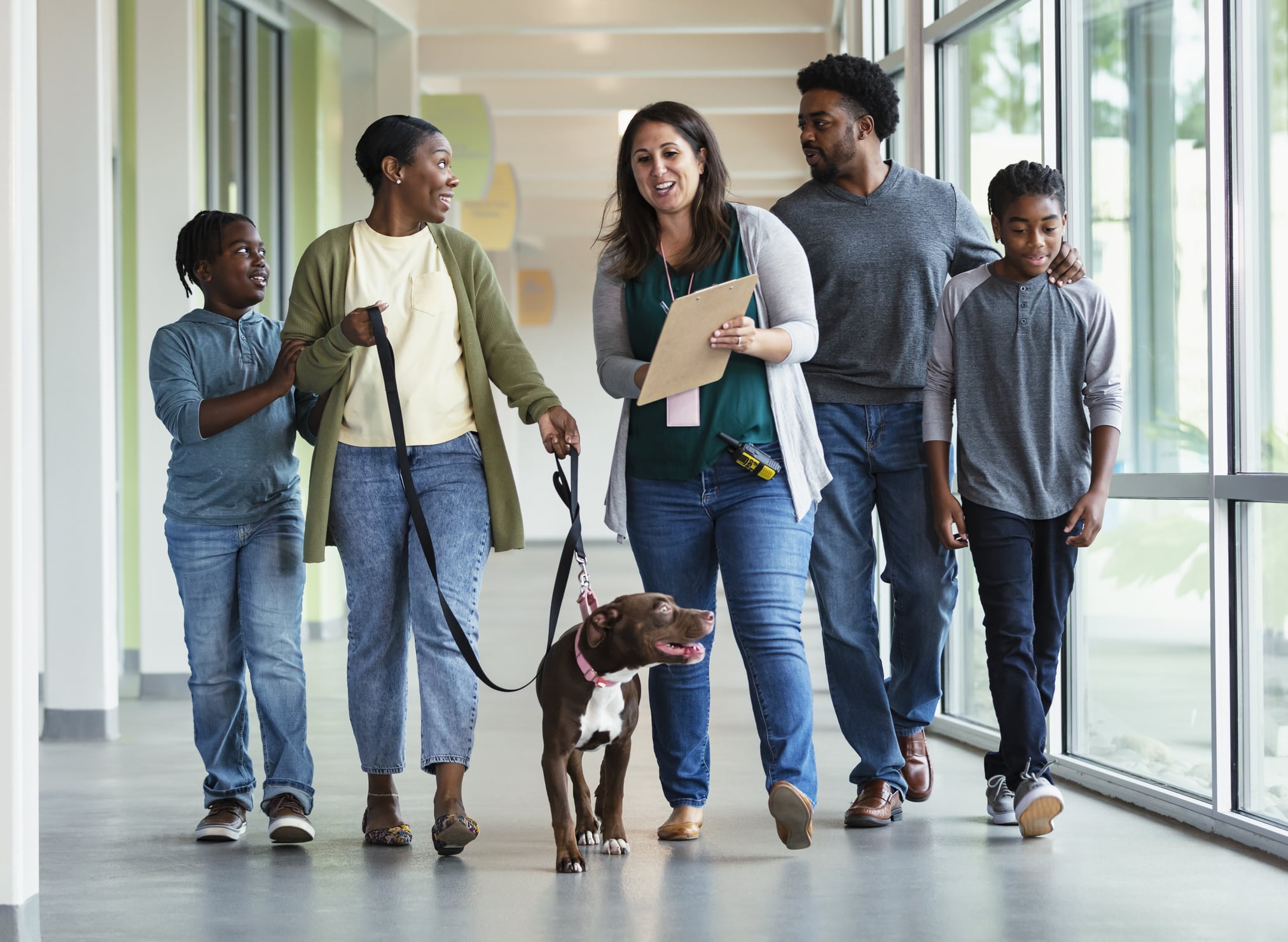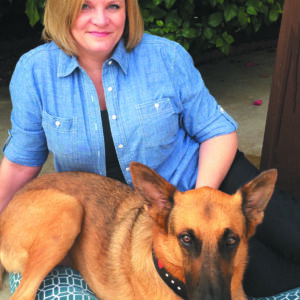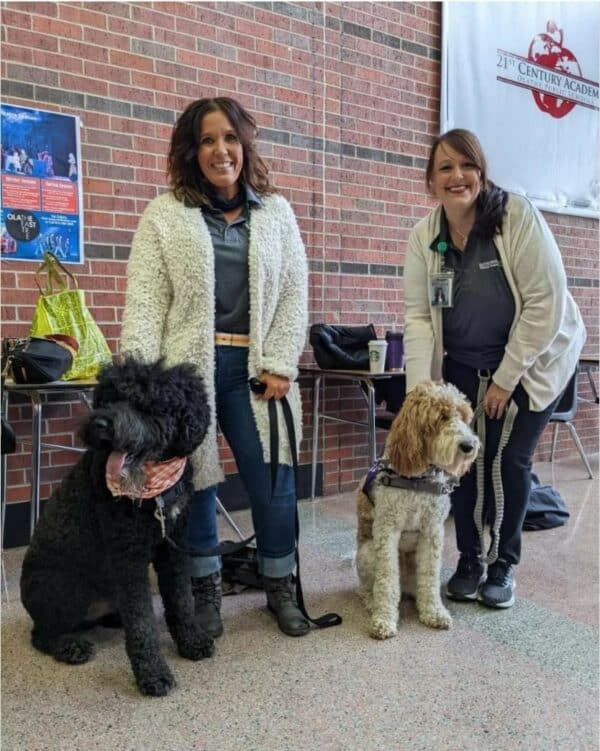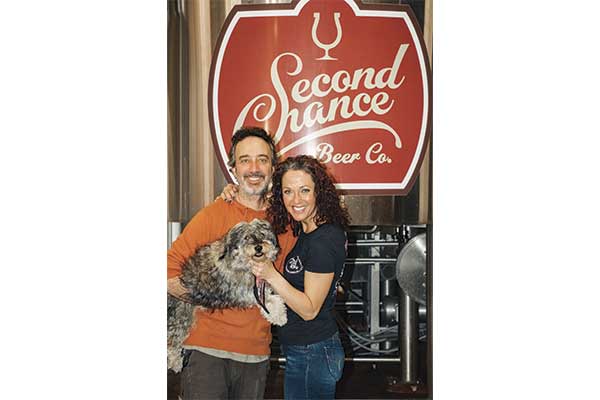This year has begun badly for rescue dogs, particularly large-breed rescues.
“Overcrowded animal shelters are turning away owners wanting to surrender their dogs because there is no room,” says Maria Dales, founder and director of California’s German Shepherd Rescue of Orange County. “With nowhere to take their unwanted dogs, owners seek the help of rescue groups; when rescues can’t help, there are no options left. We can’t ‘rescue’ ourselves out of this situation.”
The best thing you can do when feeling down about the situation is to make a change. Julie Castle, CEO at leading animal welfare organization Best Friends Animal Society, shares the four ways you can help that have the most positive impact on shelter animals.
What you can do to help rescue dogs
Helping a local overcrowded animal shelter doesn’t always mean adoption.
Here are 4 ways to help your local animal shelter:
1. Foster a dog.
Fostering dogs can alleviate the strain on shelters and rescue groups helping them. By freeing space in a program, you’re allowing another animal to be saved, reducing the need for staffing resources, and helping to prepare the dog for his next home, Julie says.
2. Volunteer
Walking, feeding and cleaning up after dogs is a great way to help a shelter or rescue, but many shelters and rescue groups need remote volunteers to help with administrative tasks or social media, to name just a few.
3. Bring a Car
Transport drivers, those who move dogs from places of need to places of want, are a big help.
4. Spread the Word
Last, spread the word on social media. Help your local shelter get the word out about the pets they have up for adoption — you never know who’s scrolling your feed, says Julie.
“Contact a local rescue group to find out where your efforts can be of greatest impact — find a group that is making progress and add to their achievements,” says Maria.
How did animal shelters get so crowded?
The COVID-19 pandemic took a great deal from so many, but one silver lining was unprecedented numbers of adopted and fostered dogs in 2020. Some previously overcrowded animal shelters even emptied their kennels for the first time ever, says Julie.
The year 2021 proved more challenging for shelters, with slightly higher intakes, decreased staffing, reduced operations and even fewer adoptions, resulting in overcrowded animal shelters and thousands of pets waiting longer to find homes, Julie says. “The number of dogs and cats killed in U.S. shelters increased for the first time in five years (from 347,000 to 355,000), largely due to historic decreases in pets entering shelters in 2020.”
While we do not yet have the full data set for 2022, we are seeing adoptions not keeping up with intake,” Julie says.
In 2023, nationwide shelters are struggling with higher intakes, while adoptions, fosters and rescues are not keeping pace, Julie explains. This population imbalance means more animals in shelters (particularly dogs), are causing increased strain on shelter staff and the current shelter crisis.
“With most U.S. facilities at or over capacity, dogs at overcrowded animal shelters are more at risk for being killed,” she says.
Do you volunteer at your local shelter? Share you experience with us and ways our readers can help.






